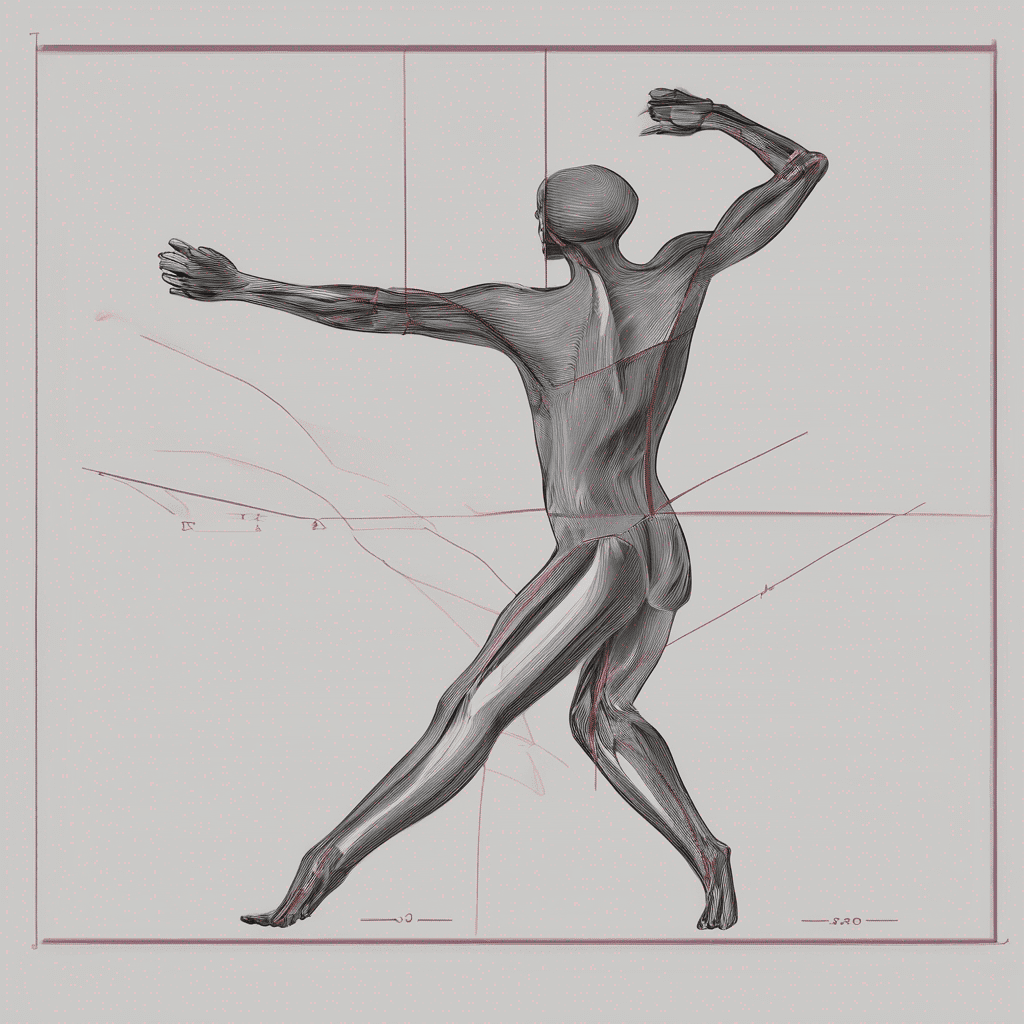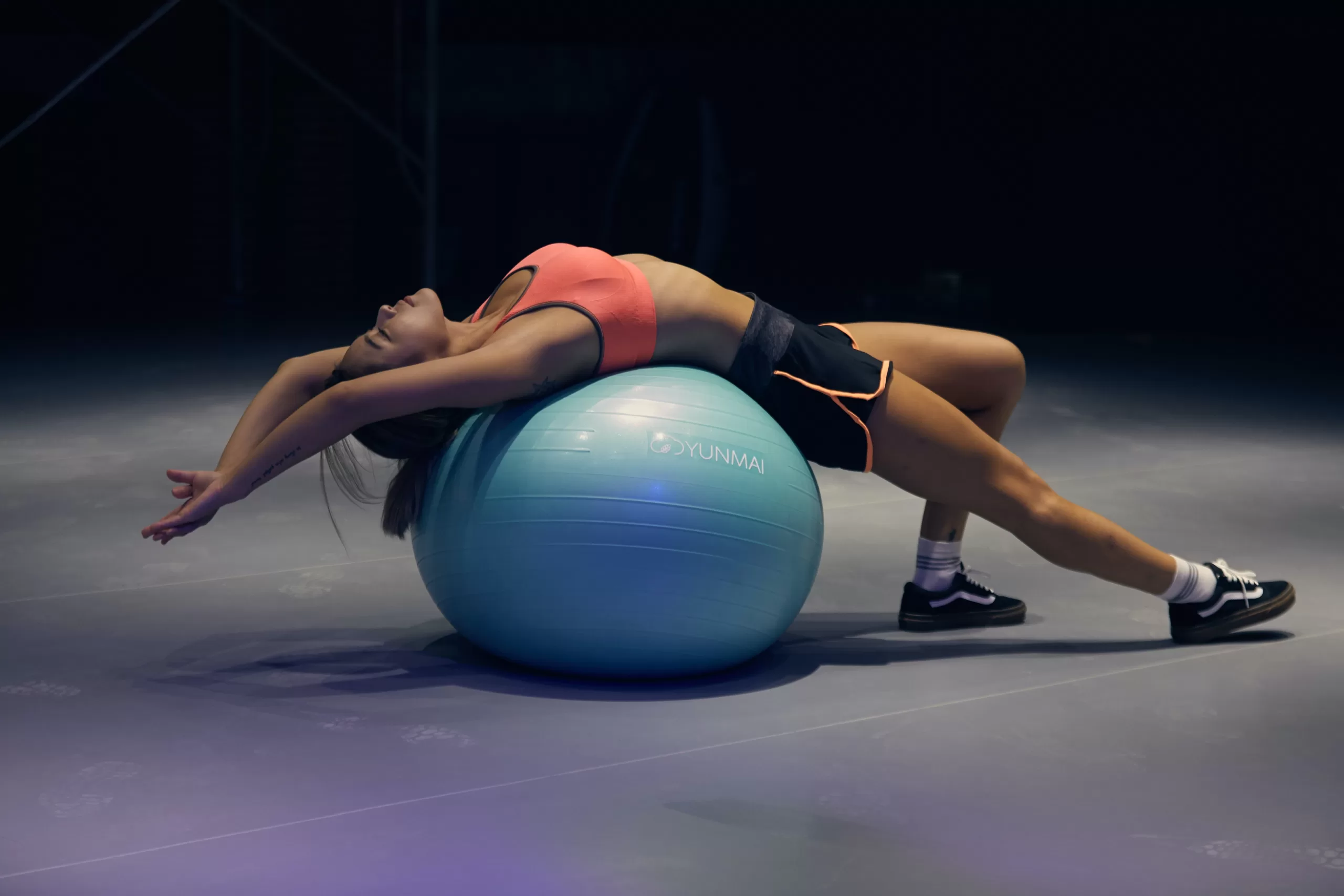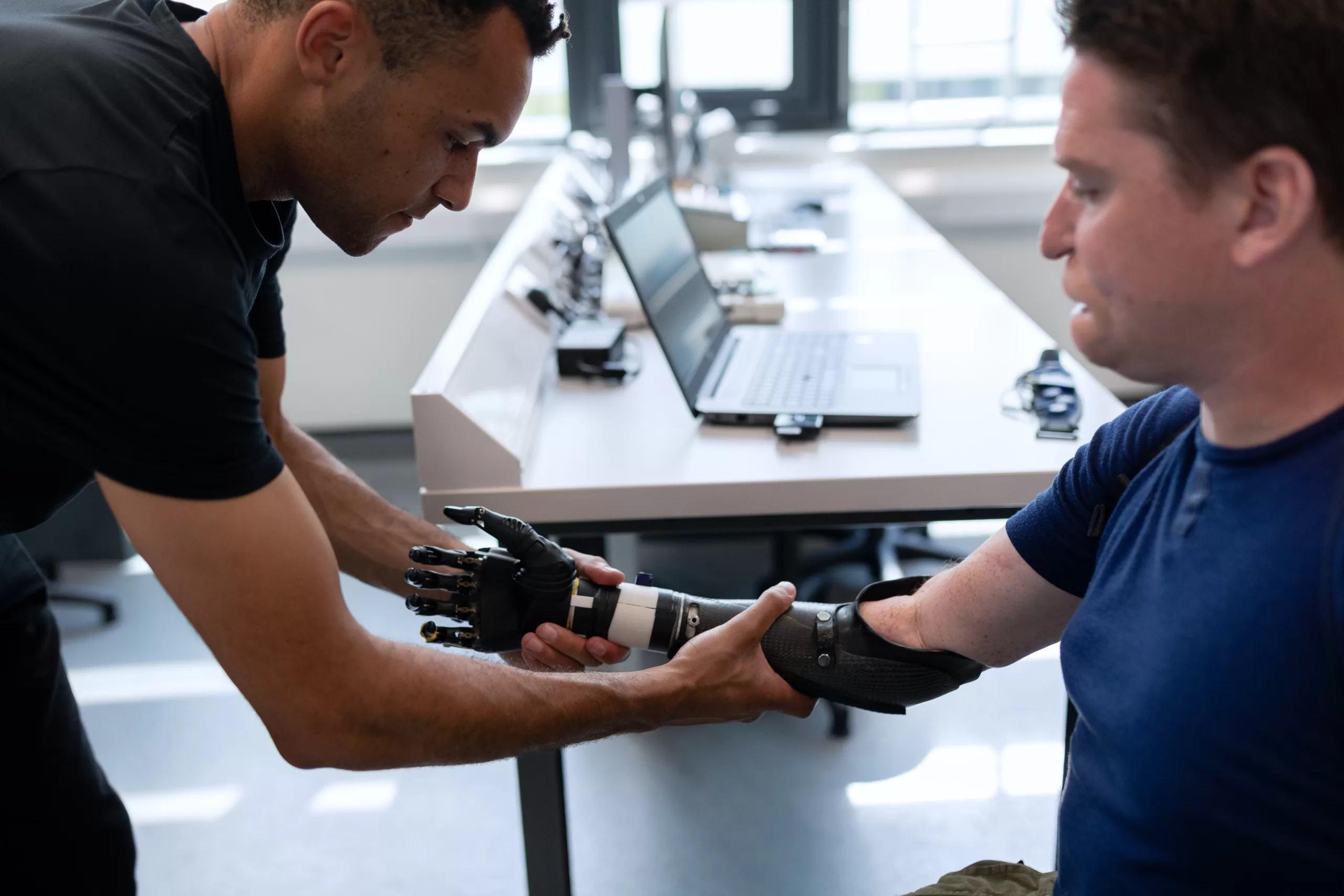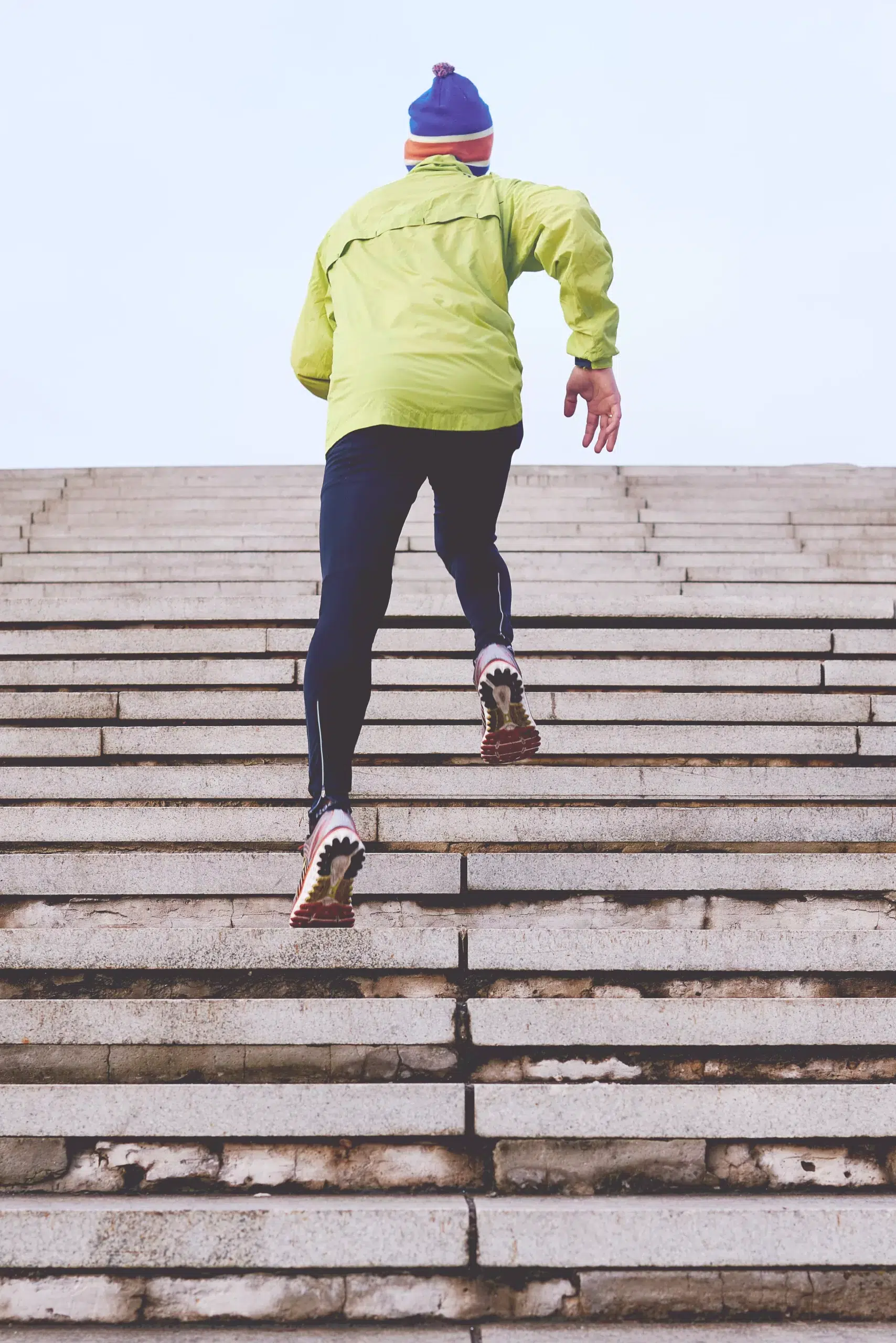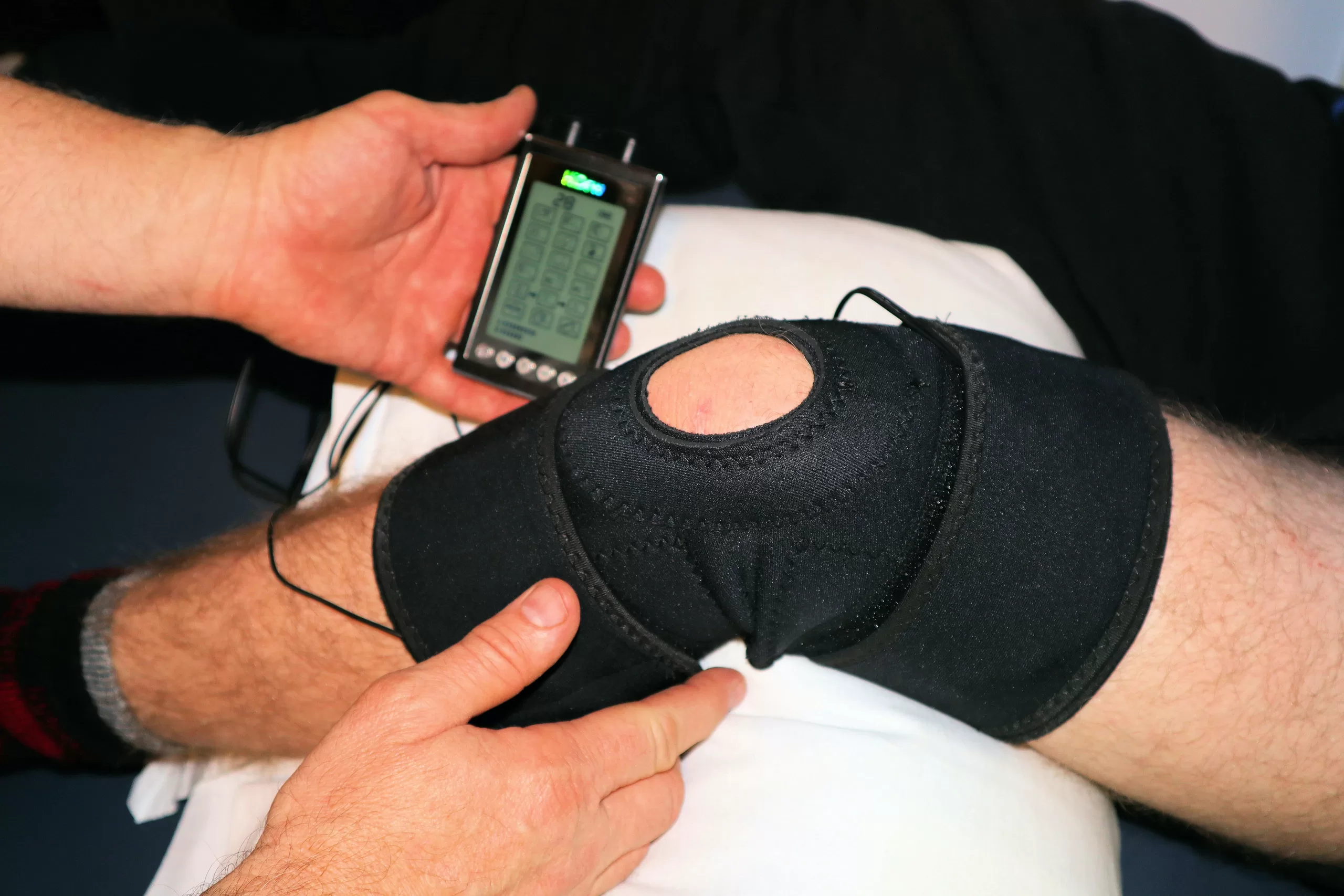Fascinated by the dynamic intersection of health, fitness, and science, discover biokinetics – a specialized discipline that uses the body’s movement to rehabilitate and improve health and performance. The origins and evolution of it provide an intriguing lens to view the progressive strides in the understanding of the human body and its vast potential.
Leveraging insights from related fields such as human biomechanics, kinesiology therapy, movement science, and exercise physiology, biokinetics has positively shaped today’s health landscape. This discipline has burgeoned in significance owing to its crucial role in diagnosing, preventing, and treating neuromuscular conditions with a non-invasive approach that promotes sustainable wellness.
In this multimedia blog post, unravel the wonders of biokinetics, comprehend its beneficial implications, and decode its relevance in various scenarios such as sports science and athletic training. Be prepared to be captivated by stories of breakthroughs, inspired by tales of determination, and enriched with insights to redefine perspectives on physical wellbeing.
Comprehensive Understanding of Biokinetics
Fundamental Principles
At the core it lies a deep understanding of human biomechanics and the principles of neuromuscular control. This nuanced field is rooted in the concept that movement has the potential to encourage overall health and wellness, as well as to rehabilitate various conditions. The body’s innate movement capabilities are its powerful tools for recovery and enhancement, and biokinetics harnesses these means to optimum effect.
Biokinetics incorporates a spectrum of principles from related scientific disciplines. For instance, the domains of exercise physiology inform the tailored use of physical exercise in rehabilitation and health promotion. Furthermore, the principles of sports science and movement science enable a holistic analysis of physical activities and their effects on the body. The goal is to bring about therapeutic effects through the strategic use of movement.
Key Components and Processes Involved
Photo by ThisisEngineering RAEng on Unsplash
When unmasking biokinetics, several key components and processes come to light. The integration of various scientific fields is a significant aspect of this discipline. Insights from biomechanical engineering prove beneficial in comprehending the mechanical aspects of bodily movements. Moreover, the principles of neurological physiotherapy and orthopedic rehabilitation play a central role in shaping the approaches used in biokinetics.
The processes involved in it revolves around the careful analysis of individual physical conditions and capabilities. Beyond the realms of health and fitness, these processes extend into sports performance analytics, highlighting the critical role of biokinetics in sports biochemistry and athletic training. From mapping individual physical exercise regimens to a detailed physical rehabilitation plan, biokinetics seamlessly merges scientific knowledge and practical application to foster health and wellness.
To summarize, biokinetics is an integrative field that amalgamates the tenets of various scientific disciplines such as human biomechanics, kinesiology therapy, and sports science, among others. It relies on comprehensive physical exercise analysis for formulating individualized health and rehabilitation plans. This unique interfusion of theory and practice makes biokinetics a fascinating and essential realm of health science.
Scope and Application
Photo by Terry Shultz P.T. on Unsplash
Biokinetics in Health Improvement and Disease Prevention
In the context of health and fitness, the application of biokinetics extends far and wide, evolving beyond the traditional lens of physical exercise analysis. This field significantly leverages human biomechanics and exercise physiology to craft novel strategies aimed at disease prevention and health improvement. By conducting thorough physical assessments, biokinetics professionals evaluate the body’s functions to identify any potential risk factors, and then design personalized programs to enhance physical wellness and reduce disease risk.
Biokinetics stands as an instrumental tool in promoting a healthier lifestyle. Its inherent preventive care approach provides an early warning system, instrumental in detecting and addressing potential health issues before they escalate. Adopting biokinetic principles into daily routines substantially improves the quality of life by promoting better postures, enhancing muscle strength, improving cardiovascular health, and aiding in injury prevention.
Biokinetics in Rehabilitation and Sports Performance
Photo by Clique Images on Unsplash
The transformative role of biokinetics in physical rehabilitation and sports performance is undeniable. Insights drawn from neuromuscular control, neurological physiotherapy, and biomechanical engineering facilitate the formulation of effective rehabilitation programs for patients recovering from sports injuries, orthopedic conditions, and neurological disorders.
In performance-focused domains such as sports science, the impact of biokinetics is pronounced. Techniques such as sports performance analytics and athletic training are employed to improve the performance of athletes and reduce their injury risks. By understanding the intricacies of the human body through the lens of sports biochemistry, professionals can devise optimized training regimens that improve performance and prevent overload-induced injuries.
Ultimately, the scope of biokinetics transcends traditional parameters, offering recipients an opportunity to amplify their quality of life, reclaim their wellbeing post-injury, and attain their full athletic potential. As the applications of biokinetics continue to unfold, the discipline is set to play an increasingly pivotal role in shaping the future of health, fitness, and sports excellence.
Unique Benefits

Personal Advantages of Utilizing Biokinetics
The utilization of it offers striking personal advantages. As a discipline grounded in principles of human biomechanics, exercise physiology, and kinesiology therapy, biokinetics provides targeted strategies for enhancing individual health and fitness. Its personalized and preventive approach helps individuals understand their bodies better, promoting active health management and lifestyle improvements.
Embracing it as a part of regular health upkeep fosters a myriad of benefits from enhanced physical fitness, improved posture, increased flexibility to improved injury recovery. Furthermore, active participation in athletic training and physical exercise analysis helps individuals optimize their performance in sports or other physical activities.
Biokinetics is also instrumental in physical rehabilitation, addressing conditions ranging from orthopedic rehabilitation for muscle and joint-related ailments to neurological physiotherapy for conditions affecting the nervous system. Its comprehensive approach makes biokinetics a practical recourse for people seeking long-term health solutions.
Societal Impact and Wider Implications
On a broader spectrum, the adoption of biokinetics carries significant societal implications. As a discipline that merges multimodal fields like sports science, neuromuscular control, and biomechanical engineering, the impact of biokinetics extends beyond the individual to influence community health and wellness paradigms.
Biokinetics augments the domain of public health by promoting disease prevention, encouraging societal fitness, and redefining the mechanisms of injury treatment and management. Alongside individual benefits, the integrative health strategies conceived through biokinetics are fostering healthier communities and contributing to reducing the burden of chronic diseases and lifestyle-related ailments.
Moreover, within the sports industry, the integration of sports performance analytics and sports biochemistry has revolutionized athletic performance and reduced sports-related injuries. The ripple effects of these advancements continue to influence the landscape of professional sports, athletic training, and overall societal wellness.
Reflections on the Importance of Biokinetics in Health and Well-being
Photo by Annie Spratt on Unsplash
The journey of exploring the world of biokinetics offers profound insights into the body’s potential for self-restoration, improvement, and performance optimization. Anchored in the principles of human biomechanics, exercise physiology, sports science, and kinesiology therapy, biokinetics unfolds a unique and effective approach to enhancing health and well-being.
Whether it’s aiding in physical rehabilitation, facilitating optimal athletic performance, or fostering preventative care, the applications of biokinetics are impactful and far-reaching. Its unique approach aligns with the move towards more proactive, personalized, and preventive health, offering sound solutions to both individual and societal health challenges. Through its multidisciplinary roots, biokinetics fosters a more holistic view of health, radicalizing traditional ideas about physical fitness and taking strides towards the actualization of sustainable wellness.
Inspiring Further Interest and Studies on Biokinetics
As the curtain drops on this comprehensive guide, it is evident that the world of biokinetics is vast, influential, and surprisingly exciting. For the intrigued reader, this exploration hopefully serves not as a conclusion, but as the beginning of a deep and lasting interest in biokinetics. Whether you’re a potential student, a health professional, or a fitness enthusiast, biokinetics holds the potential to revolutionize understanding and practice for better health outcomes.
The rich integration of fields like biomechanical engineering, sports performance analytics, neurological physiotherapy, and movement science within biokinetics further amplifies the scope for research and study. Exploring these facets more profoundly can unlock new dimensions and possibilities for improving human health and performance. There is a vast frontier to explore and an array of diversions to engage with, all of which make the field of biokinetics an intriguing, transformative, and promising discipline.

